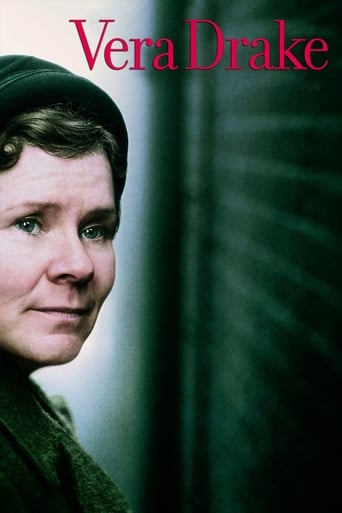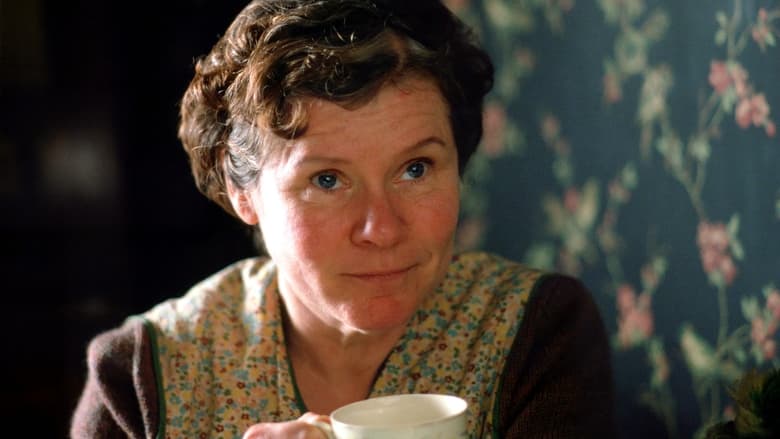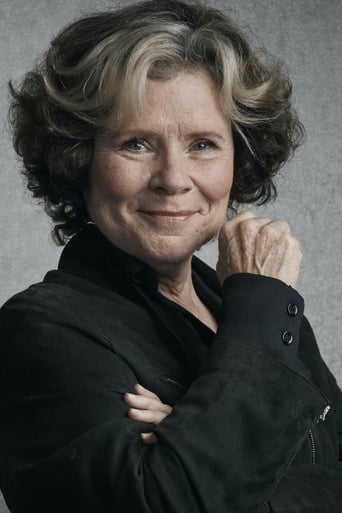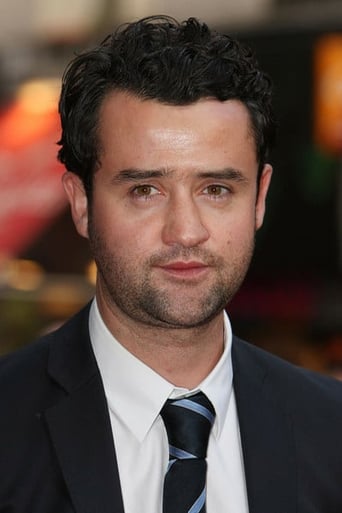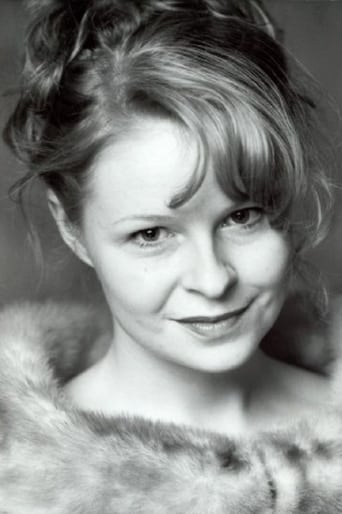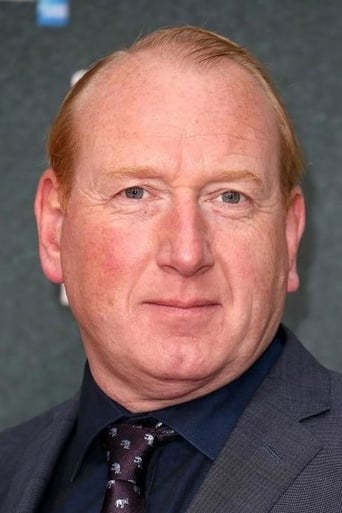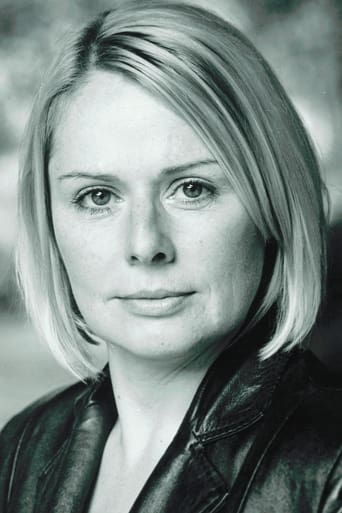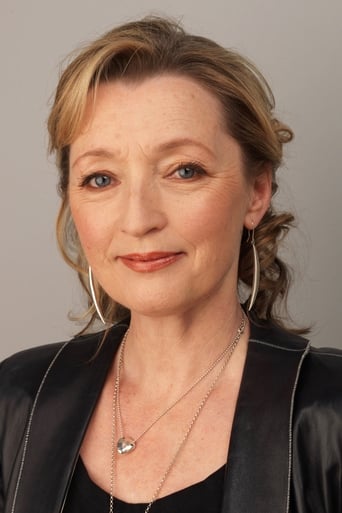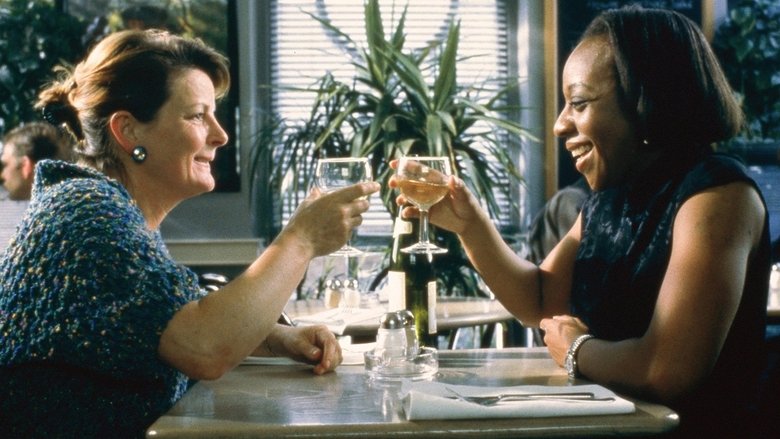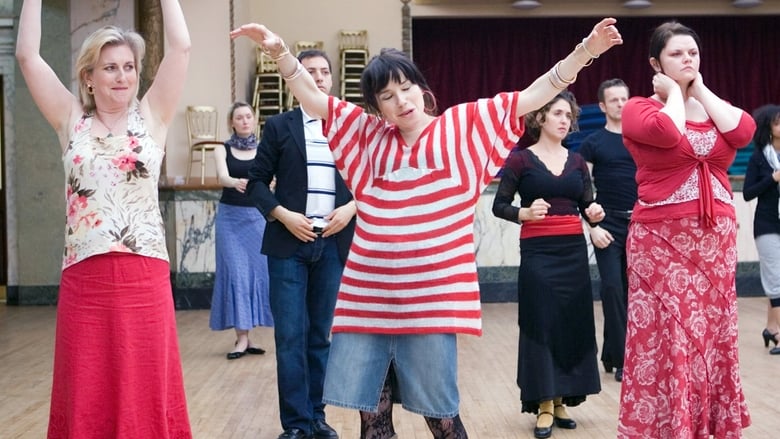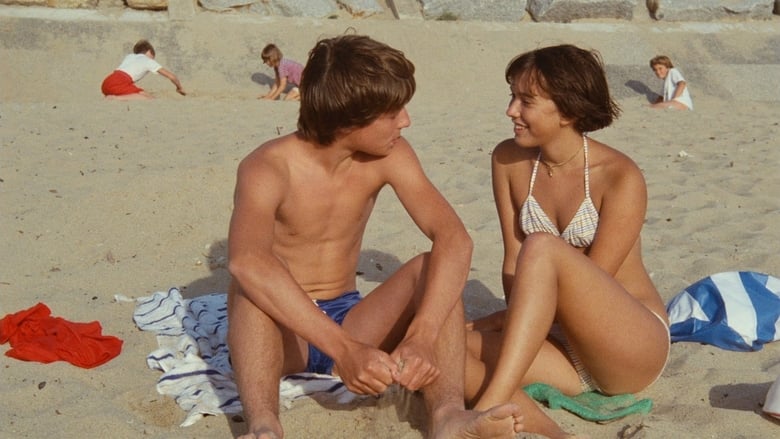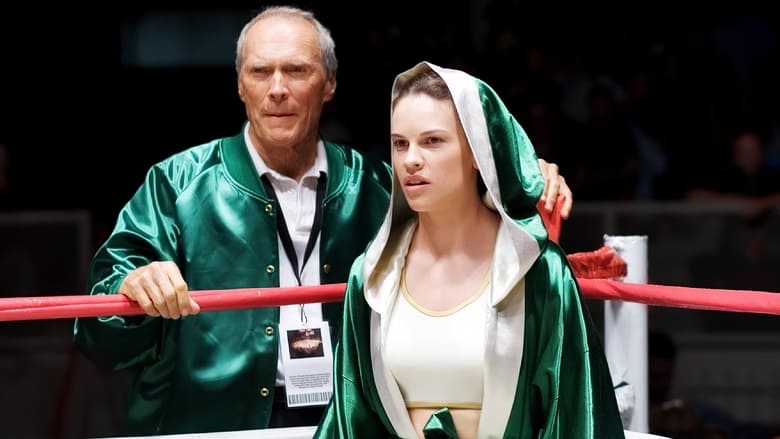Abortionist Vera Drake finds her beliefs and practices clash with the mores of 1950s Britain – a conflict that leads to tragedy for her family.


Similar titles
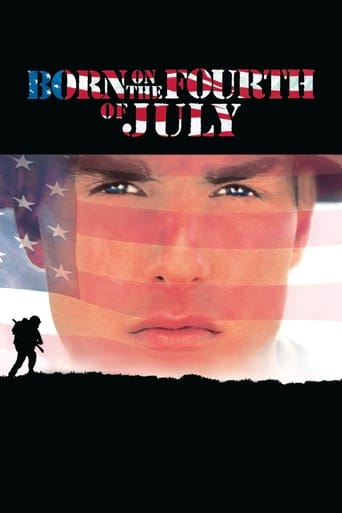
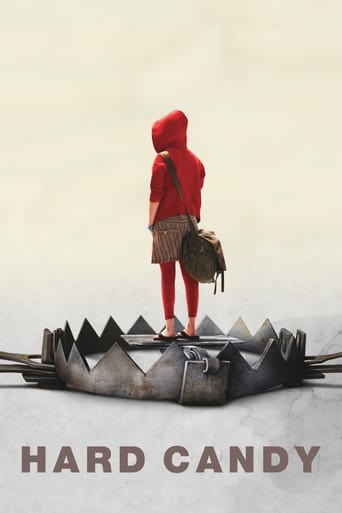
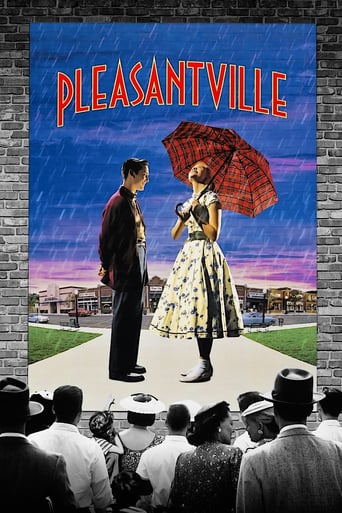
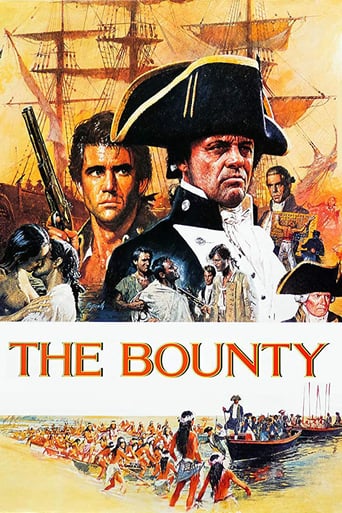
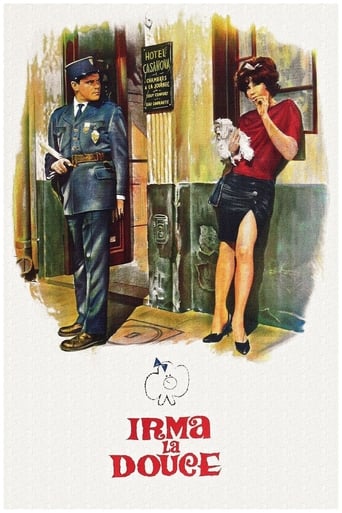
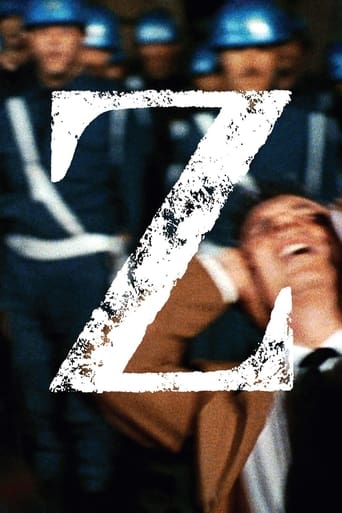
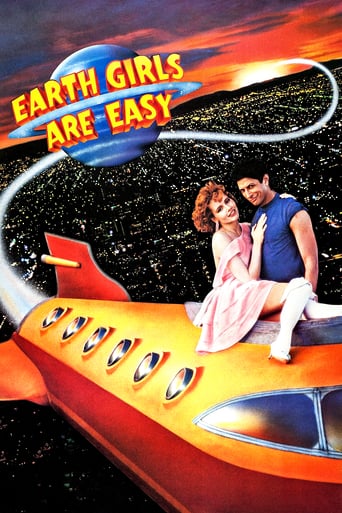
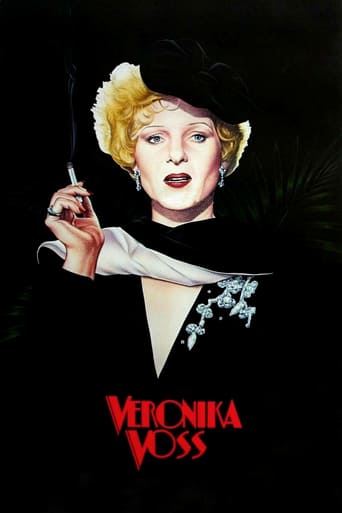

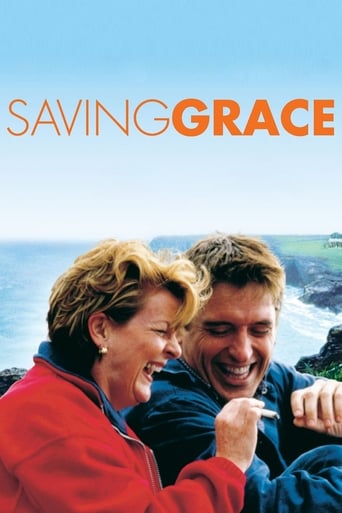
Reviews
On the surface it looks simple: a "realistic" movie depicting 1950 London and portraying a kind character fighting unfair anti-abortion laws. But is it just that?REALISM TRANSCENDED BY IMAGE Granted, the historical reconstitution is convincing. Exteriors and interiors are life-like. Social types are well outlined. However Mike Leigh sublimes this realism, providing an archetypal rendering.Colours and lighting have a purpose: showing the opposition of living standards. On the one hand, cold colours and dim lighting for middle and lower classes: dwellings, workplaces, etc. On the other, warm colours and bright lighting for upper classes and institutions: homes (including Frank's), doctor, psychiatrist, clinic, courtroom, jail, etc. This contrast is by no means "natural": notably, the brightness in jail is surprising.The camera emphasises this opposition: we seem to bump into walls and persons at Vera's home; shots are close, camera movements are rare as if we could barely move. In contrast, in the bourgeois' home, shots are more distant and the camera moves as if to benefit from available space.This sublimed vision has an objective: going beyond the description of a period to deal with universal themes, i.e. social classes, money, abortion, justice, values. AND BY ACTINGMain actors rehearsed extensively before shooting started: lengthy discussions about script and characters, thorough documentation about the period and personalities, improvisation of scenes that were afterwards used in the movie or not. This largely explains the "real life" feeling of the movie.However, just as noted above for image, this acting method transcends roles: actors do not just portray historical persons, they enrich characters with their own personalities and emotions. Immersion is a two-way street: actors grow into roles and inversely characters are modelled on actual individuals. This provides extra depth to characters and makes us feel closer to them: they are just not bygone persons, it seems we could meet them nowadays.It has been said many times, nonetheless let's repeat: Imelda Staunton's performance is absolutely outstanding and explains to a large extent the quality of the movie. Other actors are also excellent, even in minor roles.CHARACTERS WE CAN CONNECT TOAll characters are sympathetic with only two exceptions: Lily who immorally profits from abortions and black market; Joyce who is rigid and greedy. This approach is intentional: we understand how everyone thinks. A doctor informs the police, but has no choice. The police arrest Vera, but are decent. A mother gives Vera away, but only after undergoing pressure from the police. A doctor and the psychiatrist benefit from the abortion "business", but are confined by the system. The magistrate is ruthless, but complies with the law.Conversely, if Vera is kind, she is not a saint, which prevents the movie from being one- sided. She means well, however her methods are dangerous: because of her a young woman almost dies. Technically she "helps young girls out", yet fails to deliver an essential psychological support: once finished she goes rapidly, leaving the despaired women alone. She is so naive she does not understand her "friend" Lily is exploiting her. She does not evaluate the consequences of her action, notably for her family who at the end is left morose.ABORTION: IS THE MOVIE PRO-CHOICE?The movie is not a straightforward pro-choice manifesto. We hear arguments from both sides. On the one hand, the friendly Sid cannot understand nor forgive what Vera has done. Even the fair Stan and Frank do not take sides. There is a general condemnation of abortion.On the other, wealthy families can bypass the law, while poor or even middle-class families cannot. Because abortions have to be illegal, a woman almost dies. Reg delivers a powerful quote: "It don't seem fair. Look at my mom: six of us in two rooms. It's all right if you're rich, but if you can't feed them, you can't love them, can you?" Hence the message is pro-choice in the context of social inequalities. Is this message universal? Each spectator will decide for oneself.We witness seven abortions (of which six performed by Vera) in different contexts, which illustrates the complexity of the topic: rape, inability to raise another child, infidelity (probably), prostitution (probably).COMPELLING SCENESI believe every major movie has at least a prominent scene, condensing its main qualities. "Vera Drake" has two. The first one is when the police arrive at Vera's home. We go through a roller-coaster of emotions: surprise, incredulity, fear, despair, resignation. The dialogue between the inspector and Vera is exceptionally intense, highlighted by sharp reversed shots.The other scene is at the police station, when Vera reveals to her husband Stan what she has done. At first, two officers are in the background. Slowly, the camera zooms in Vera and Stan: one officer moves off-screen. Then Vera bends over to Stan, hiding the other officer: Vera's action has turned from unlawful to personal. There is an incredibly tense moment when she cannot voice what she did while he eagerly waits for the revelation. Finally she whispers to his ear something we cannot hear: her action is beyond audible words.DRAMATIC BUILD-UPThe movie progressively moves from a light to a dark mood. It first depicts the modest but happy life of a woman and her family. There are a few humorous moments: Sid tailors a suit for a half-wit, the family gathers, they go to the movies. Increasingly, sad events disrupt this ambiance: Vera takes care of a poor family and her ill mother, she performs illegal abortions, a woman is raped, Vera is arrested. It then goes completely downhill until the final twist: in jail, Vera realises that illegal abortions are commonplace and that the horror of being imprisoned seems trivial to many women.In summary, "Vera Drake" manages to reconcile opposites: simple yet powerful, realistic yet artistic, meaningful without propaganda, intense without exaggeration.
British realist director Mike Leigh's 2004 drama 'Vera Drake' focuses on the story of its title character (Imelda Staunton), a working class woman performing backstreet abortions in postwar London. Following the pseudo-documentary works of British New Wave filmmakers Ken Loach or Lindsay Anderson, Leigh delivers a social drama offering an insight on the medical, financial and domestic circumstances of working class families in 1950s England, using objective camera-work and a screenplay based on unscripted actor improvisation in order to create a film that is able to present a fragment of reality.At the end of his article on Vittorio De Sica's neorealist classic 'Bicycle Thieves' French film theorist André Bazin (famous for praising photography and cinema for being a superior art form being able to capture reality without the creative intervention of man) described the film as 'one of the first examples of pure cinema, no more actors, no more story, no more sets, which is to say that in the perfect aesthetic illusion of reality there is no more cinema.' Italian neorealism seems to be a key movement in the historical context of realism indeed. Its successful use of general atmosphere, authenticity, on-location settings and social/political context inspired filmmakers and was followed by cultural movements such as the French New Wave (example: Jean-Luc Godard's 1960 'Breathless'), the 'angry young men' of the British Kitchen sink realism (Tony Richardson's 1962 'The Loneliness of the Long Distance Runner') and the Danish avant- garde Dogme 95 (Lars von Tier's 1998 'Idiots'). More recent examples could be Asghar Farhadi's 'A Separation' or Cristian Mungiu's '4 Months 3 Weeks 2 Days' (the latter touching on the subject of illegal abortions as well). Descendant of postwar British realism, Mike Leigh is a consistent filmmaker commenting on the subjects of poverty, alienation, social gaps or rootlessness. Golden Lion winning and Academy Award nominated 'Vera Drake' might just be his most powerful film.Vera Drake, a feminist 'neo kitchen sink' film focuses on protagonist Vera Drake – 'wife, mother, criminal', as the poster of the film says -, a cheerful middle-aged lady working as a cleaner, who takes care of her family and her infirm mother and generally tries to help people. This is her motivation for being a back-alley abortionist, which she doesn't make a profit off – she wants to help. In spite of her intentions, after one of her patients nearly dies due to medical complications, she is found out about and has to face court, being sentenced to a minimum of 18 months in prison. What makes Leigh's morally controversial story realistic is his process of creating the characters with the actors through improvisation. One of the most memorable scenes of a family dinner interrupted by the appearance of the police is a great example to explain Leigh's method. During months of character research, discussion and improvisation the actors of the film are only aware of their own character's perspective and knowledge of a situation. The Drake family celebrate the engagement of Vera's unsociable daughter Ethel to the similarly withdrawn bachelor, Reg. Frank, brother of Vera's husband Stan announces that his wife is pregnant. Vera jumps up from her chair to congratulate the couple. As the result of the improvisation (which the final screenplay is based on) the actors are able to give honest performances, getting as close to their characters' emotions and thoughts as possible. The long, static takes and objective compositions give space for informal crosstalk and natural behaviour. Similarly the final scenes of character confessions in Leigh's 'Secrets & Lies', the appearance of the policemen suddenly surprises the family members. As actress Imelda Staunton remembers the rehearsals: 'That whole scene is the result of a seven and a half hour improvisation, where I didn't know the police were coming, so I nearly had a heart attack.' As the family knows nothing of Vera's illegal activities, her despair is grounded. A close-up of her face expresses shock and fear. (Bazin would possibly find Leigh's occasional use of subjective shots manipulative because they violate the continuity of dramatic space. But then again, his ideal would have been a film lacking montage, a concept only Alexander Sokurov's 2002 'Russian Ark' was capable of adapting.) In her fear Vera goes silent and hardly talks in the rest of the film – when she does, she whispers. While the detective inspector seems to understand her situation, she is still forced to answer explicitly to the questions concerning her 'job'. Her unconscious barrier between the abortions and herself is violated – she has to acknowledge her crime, an otherwise suppressed thought as earlier in the film she is shown unwilling to offer any emotional help for her patients, trying to leave the room as soon as possible, with the same routine sentences and advising a cup of tea every time. Her attitude towards abortion itself is the same as it is towards cleaning or cooking, a task she desperately tries to finish without emotional attachment.Although Vera Drake relies on external circumstances more than earlier Mike Leigh movies, it succeeds in painting an honest picture not only on the different views on such a controversial subjects as social class differences or abortion itself, but on human relationships and behaviour too. Leigh's naturalistic dialogues, unobtrusive cinematography and historically accurate mise- en-scéne supports the story about a woman losing her battle against society – either if she is right or wrong. Similarly to the protagonist of Bicycle Thieves left alone without any hope, the broken figure of Vera Drake climbing up the prison stairs is a tragic hero. Her tragic story, similarly, captures true realism.
In a film of pitch-perfect, seemingly effortless performances, Imelda Staunton is the center piece, and her fantastic performance allows this heart-wrenching story to fall into place. Mike Leigh's "Vera Drake," is an engrossing drama about a down-to-earth woman performing backstreet abortions in 50's London. After a tentative opening during which the film's tone is established, the film becomes a subtle examination of a simple woman caught up in a complex world.Adored by her husband Stan (Phil Davis), and children Sid (Daniel Mays) and Ethel (Alex Kelly), she manages to be both the cornerstone of her family, and a highly thought of pillar of the community. She also performs illegal abortions for "girls who are in trouble," a service she does for free and without her family's knowledge. When one of the abortions goes wrong, however, Vera's secret life comes to the attention of the police. Detective Inspector Webster does his duty by arresting her, but we can see in his eyes that it pains him to perform it in this case.There is a magical cinematic moment in the film where Leigh's camera literally zooms in on Vera's face and stays there. Her face is like a canvas, and at the beginning it shows a woman of limited intelligence who has found contentment in her life's routine. By the end, there is terror, bewilderment, and panic. It's at that moment, the changes in her expression, and the ways in which her eyes react--is the crowning moment of "Vera Drake,' and to be remembered. "Vera Drake" is vintage Leigh, relying more so on the actors than the storyline. There's a lot of improvisation and all of the actors make contributions. The result is a sense of authenticity that makes this film so intense. "Vera Drake" moves at a slower pace, turning off many viewers, and making it difficult to fully appreciate it's impact. For those who have the patience to become absorbed in this kind of drama, "Vera Drake" offers a stunningly real character portrait whose impression will linger long after the movie has faded.
The Mike Leigh film, Vera Drake, played magnificently by Imelda Staunton, is the story of a housewife and mother living in Post-war London. Vera makes her living as a housekeeper for an undisclosed number of wealthy families. Unbeknownst to her family and friends, she also offers 'help' to women who have gotten themselves 'into trouble'. By this Vera offers free assistance in terminating unwanted pregnancies, through the use of soapy water, disinfectant and a hand pumped syringe. This practice is banned at that time in England, making her, as the movie poster proclaims, a criminal. She is a dedicated and doting mother and wife to her two children Sid and Ethel, played effectively by Daniel Mays and Alex Kelley and husband Stan played by Phil Davis. Also in supporting roles are Leigh favorites Sally Watkins and Eddie Marsden. Vera is known for her cheery disposition and willingness to work hard for herself and her family. She is a welcomed by all who know her and she seems as selfless as anyone could be. Vera is put in contact with women 'in need of help' by a longtime friend Lilly; Vera offers help in the most altruistic of ways and accepts no money for her services. Little does she know that Lilly has been charging these women for the help. When a call for Vera's help lands a woman in the hospital, an investigation ensues and Vera is taken into custody by the authorities. She is tried and convicted of her crime and lands in prison where she finds other women in the same situation who are repeat offenders. Leigh is very effective in giving us the sense of urgency in the situations Vera finds herself in. The film also gives a good sense of how life may have been for many of the British in the years shortly after the Second World War. All of the performances are noteworthy as is usually the case in Mike Leigh films. His ability to elicit authentic performances is showcased terrifically in Vera Drake and is highly recommended by this reviewer. The subject matter is highly charged and for good reason. The film can at once enrage and sadden while showing that abortion, however distasteful, may be a necessary evil in a civilized world with advances in medicine that make them safer when they are made legal. A very thought provoking movie is Vera Drake.
